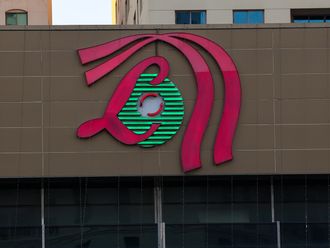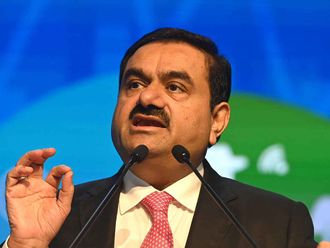After 10 years of deliberations and summit meetings, the Gulf countries arrived at a key decision last week during a regular meeting of GCC finance ministers in Kuwait — resolve all hurdles that obstruct the full implementation of the long-delayed Gulf Customs Union.
The six Gulf states had agreed on partial implementation of the customs union in January 2003, but there were multiple delays when it came to resolving some of the hurdles that got in the way for full integration. The biggest hurdle had to do with distribution of customs revenues among member states. The views on this have varied due the economic weight of each country.
It is expected that the upcoming GCC summit will approve full implementation from January 2015 as was earlier agreed upon. The recent decision has left the door wide open for completion of the remaining items of the GCC Common Market, which will constitute a qualitative leap towards economic union, which is equally sought after.
The partial application of the customs union contributed effectively to increased volume of inter-GCC trade, which were up threefold to $100 billion (Dh367 billion) in 2012 compared to $32 billion in 2005. Full application would lead to a significant increase as it would remove all obstacles that obstruct the smooth flow of goods and services.
Despite this, it seems modest when compared to the figures of GCC’s foreign trade, which amounted to $1.4 trillion in 2012, constituting almost 90 per cent of the GDP. China’s share accounted for $173 billion of this.
On the other hand, GCC co-operation has reached a stage that requires radical decisions on the common market. Intra-GCC trade despite the growth is still modest compared with similar ratios of intra-regional trade at other economic blocs.
For example, intra-EU trade accounted for 60 per cent, while that within members of Asean was 25 per cent against the less than 10 per cent in the Gulf grouping last year compared to 5.7 per cent in 2002, which was before the partial application of the customs union.
Although the similar nature of its exportable goods constitute an obstacle to further increases in trade among Gulf nations, the customs union and common market will facilitate the smooth movement of goods and investments and allow more joint ventures. This can contribute to commodity diversification, especially as a Gulf common market will be relatively large compared to the smaller individual markets.
Therefore, a customs union is vital for all GCC countries as they are aspire to diversify sources of income and reduce reliance on oil revenues, both to fund budgets or for development projects. The common market will inevitably lead to accelerated development of non-oil economic sectors in the GCC.
What makes one feel optimistic about the latest move is the maturity of the Gulf countries, which have placed economic cooperation over any other consideration. It must be noted that the agreement was reached under varying political thought strands among GCC countries on a number of issues.
The differences in political views did not impede the countries from such a decision, which means that common interests are at the top of priorities. This is because there is a separation between individual interests, which must go according to agreed programmes. Any temporary discrepancies that may occur should be resolved within the ambit of a common perspective.
Shared interests do play an essential role in bringing differing views closer. It can only herald further progress for the Gulf grouping.












